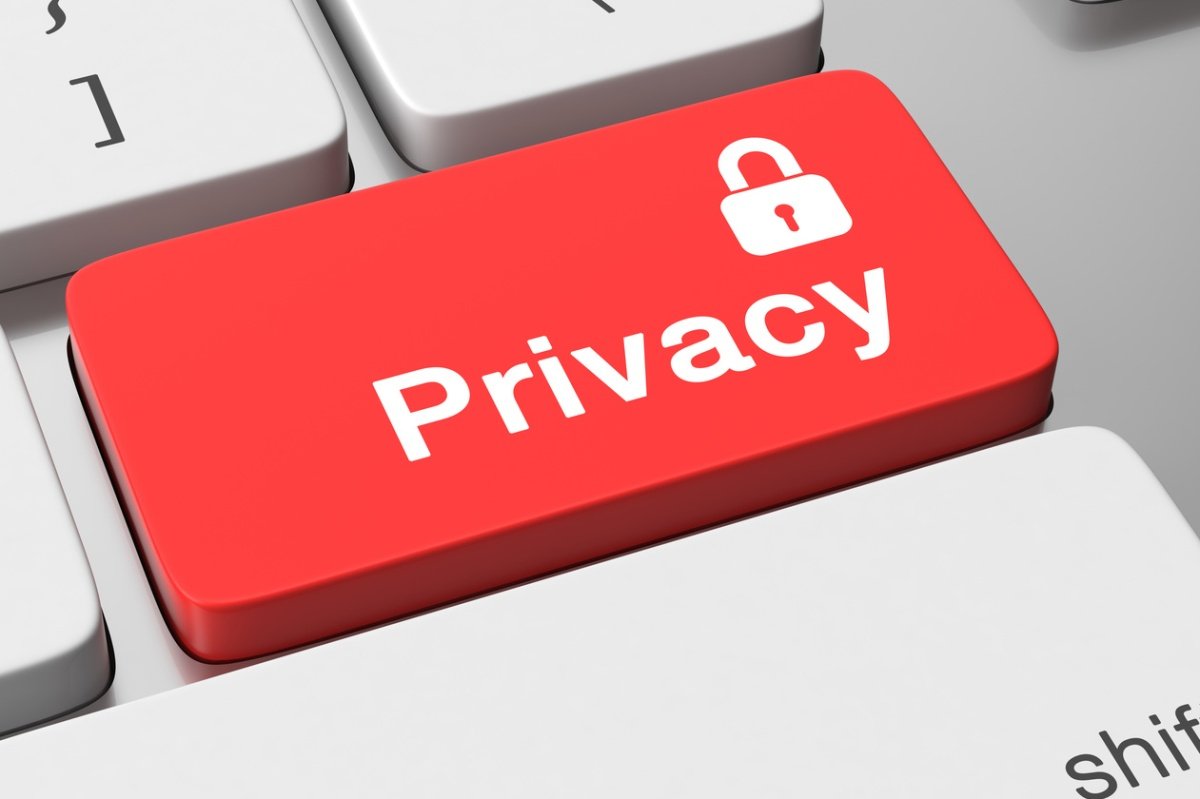In an age where our personal information is constantly being shared online, protecting your privacy has become more important than ever. From social media to online shopping, safeguarding your data is crucial to avoid identity theft and other privacy breaches. If you’re wondering how to protect your privacy online, you’re in the right place. Here’s a comprehensive guide to help you stay safe and secure in the digital world.
Understand the Risks
Before diving into protection strategies, it’s essential to understand the risks associated with online privacy.
Common Threats to Privacy
There are several threats to your online privacy, including phishing scams, malware, and data breaches. Phishing scams often come in the form of fake emails or websites that trick you into revealing personal information. Malware, on the other hand, can be installed on your device through malicious links or downloads, compromising your data. Data breaches occur when hackers gain unauthorized access to sensitive information from companies or services you use.
Know Your Digital Footprint
Your digital footprint consists of the data you leave behind as you navigate the internet, including your browsing history, social media activity, and online purchases. Understanding this footprint helps you realize how much information is out there and how it can potentially be exploited.

Use Strong, Unique Passwords
One of the simplest yet most effective ways to protect your privacy online is by using strong, unique passwords for each of your accounts.
Create Complex Passwords
A strong password should be a mix of letters, numbers, and special characters. Avoid using easily guessable information such as birthdays or common words. For example, instead of “password123,” opt for something like “X7@4lm!9Q2&b.”
Use a Password Manager
Keeping track of multiple complex passwords can be challenging. A password manager helps you store and generate secure passwords, making it easier to manage your online accounts. Popular options include LastPass and 1Password.
Enable Two-Factor Authentication
Two-factor authentication (2FA) adds an extra layer of security to your accounts by requiring a second form of verification in addition to your password.
How 2FA Works
When you enable 2FA, you’ll need to provide a second piece of information, such as a code sent to your phone or an authentication app, to access your account. This additional step helps ensure that even if someone gets hold of your password, they won’t be able to access your account without the second verification.
Set Up 2FA on All Accounts
Enable 2FA on all accounts that offer it, including email, social media, and financial accounts. This practice significantly reduces the risk of unauthorized access.
Be Cautious with Personal Information
Being mindful of the personal information you share online can help protect your privacy.
Limit Social Media Sharing
Be selective about what you share on social media platforms. Avoid posting sensitive information such as your address, phone number, or vacation plans. Additionally, review and adjust your privacy settings to control who can see your posts.
Avoid Public Wi-Fi for Sensitive Transactions
Public Wi-Fi networks are often less secure and can be a hotspot for data interception. Avoid conducting sensitive transactions, such as online banking or shopping, while connected to public Wi-Fi. If you must use public Wi-Fi, consider using a Virtual Private Network (VPN) to encrypt your connection.
Regularly Update Software and Apps
Keeping your software and apps updated is crucial for maintaining your online privacy.
Install Updates Promptly
Software updates often include security patches that address vulnerabilities. By keeping your operating system, browsers, and apps updated, you reduce the risk of security breaches. Set your devices to automatically install updates when available.
Review App Permissions
Regularly review the permissions granted to your apps. Some apps may request access to more data than necessary. Adjust permissions to limit access to only the information that’s essential for the app to function.
Use Privacy-Focused Tools
Consider using tools designed to enhance your online privacy.
Install Privacy Extensions
Browser extensions like Privacy Badger and uBlock Origin help block trackers and ads that collect your data. These tools enhance your browsing privacy by preventing third-party sites from tracking your activity.
Choose Privacy-Friendly Search Engines
Search engines like DuckDuckGo and Startpage prioritize user privacy and do not track your searches or store your personal information. Switching to these search engines can reduce your digital footprint.
Conclusion
Protecting your privacy online requires a proactive approach and a combination of strategies. By understanding online risks, using strong passwords, enabling two-factor authentication, and being cautious with personal information, you can safeguard your data from potential threats. Additionally, regularly updating your software and using privacy-focused tools further enhances your online security. With these practices in place, you can enjoy a safer and more private online experience.









